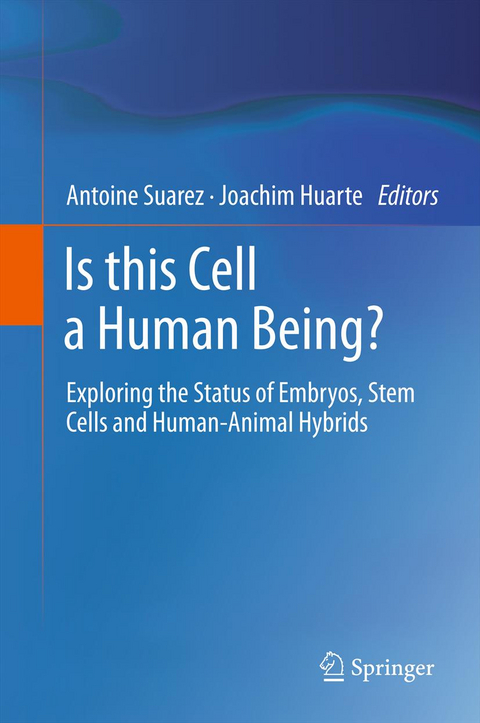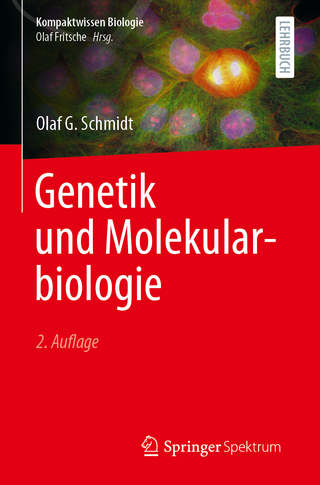
Is this Cell a Human Being?
Springer Berlin (Verlag)
978-3-642-44398-5 (ISBN)
The central question of this book is whether or not particular cell entities of human origin ought to be considered human beings. The answer is crucial for making moral decisions for or against research and experimentation. Experts in the field discuss the production of embryonic-like pluripotent stem cells by altered nuclear transfer, parthenogenesis and reprogramming of adult somatic cells. They thoroughly analyse the biological and moral status of different cell entities, such as human stem cells, embryos and human-animal hybrid embryos, and make a decisive step towards establishing final criteria for what constitutes a human being. The topic is challenging in nature and of broad interest to all those concerned with current bioethical thought on embryonic human life and its implications for society.
Introduction.- Breakthrough in stem cell research? The reprogramming of somatic cells to pluripotent stem cells. Overview and outlook.- Pre-implantation stages of human development: the biological and moral status of early embryos.- Complete moles and parthenotes are not organisms.- Embryos grown in culture deserve the same moral status as embryos after implantation.- Distinguishing embryos from non-embryos.- Is the human embryo a person? On the status of cell entities produced through ANT.- Does a human being have a right to life? The debate on embryo research in Germany as a case study.- Interspecies mixtures and the status of humanity.- The boundaries of humanity: the ethics of human-animal chimeras in cloning and stem cell research.- Is this cell entity a human being? Neural activity, spiritual soul, and the status of induced pluripotent stem cells (iPSCs).
From the reviews:
"This book begins with an accurate synopsis of stem cell research, embryological development, genetic modification, and the scientific perspectives on the definition of death. ... The book also addresses ethical issues related to animal rights. Current primary references are provided with each chapter, and there is a glossary of philosophical and scientific terms used in the book at the end. ... A useful acquisition for bioethics, public policy, and law collections. Summing Up: Recommended. Academic, professional, and general readers, all levels." (B. R. Shmaefsky, Choice, Vol. 49 (5), January, 2012)| Erscheint lt. Verlag | 13.12.2014 |
|---|---|
| Zusatzinfo | X, 209 p. |
| Verlagsort | Berlin |
| Sprache | englisch |
| Maße | 155 x 235 mm |
| Gewicht | 343 g |
| Themenwelt | Medizin / Pharmazie ► Medizinische Fachgebiete |
| Studium ► 2. Studienabschnitt (Klinik) ► Humangenetik | |
| Studium ► Querschnittsbereiche ► Geschichte / Ethik der Medizin | |
| Naturwissenschaften ► Biologie ► Zellbiologie | |
| Schlagworte | altered nuclear transfer • ethics • human-animal hybrids • human embryo • reprogramming of somatic cells • Stem Cells |
| ISBN-10 | 3-642-44398-2 / 3642443982 |
| ISBN-13 | 978-3-642-44398-5 / 9783642443985 |
| Zustand | Neuware |
| Haben Sie eine Frage zum Produkt? |
aus dem Bereich


